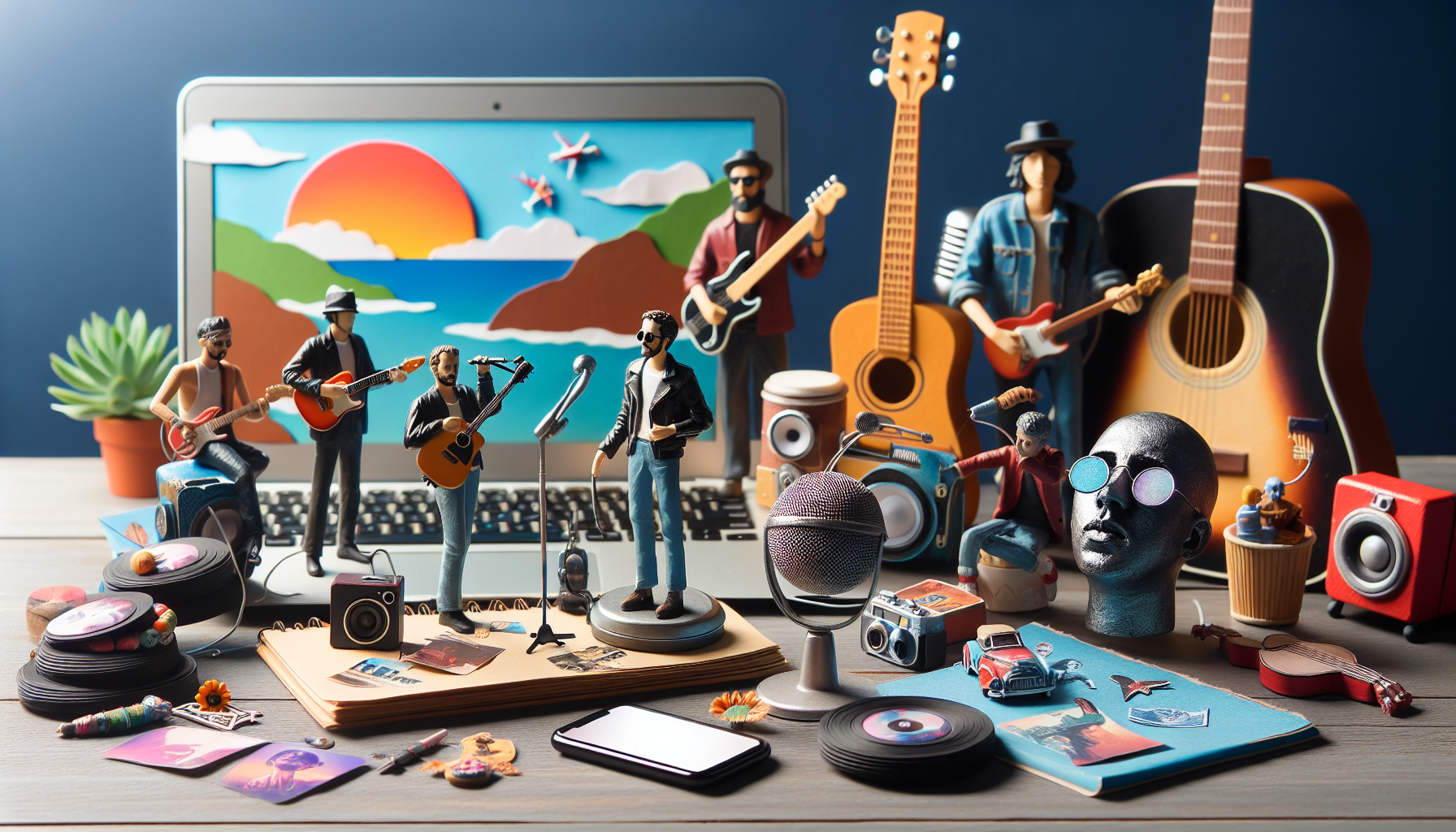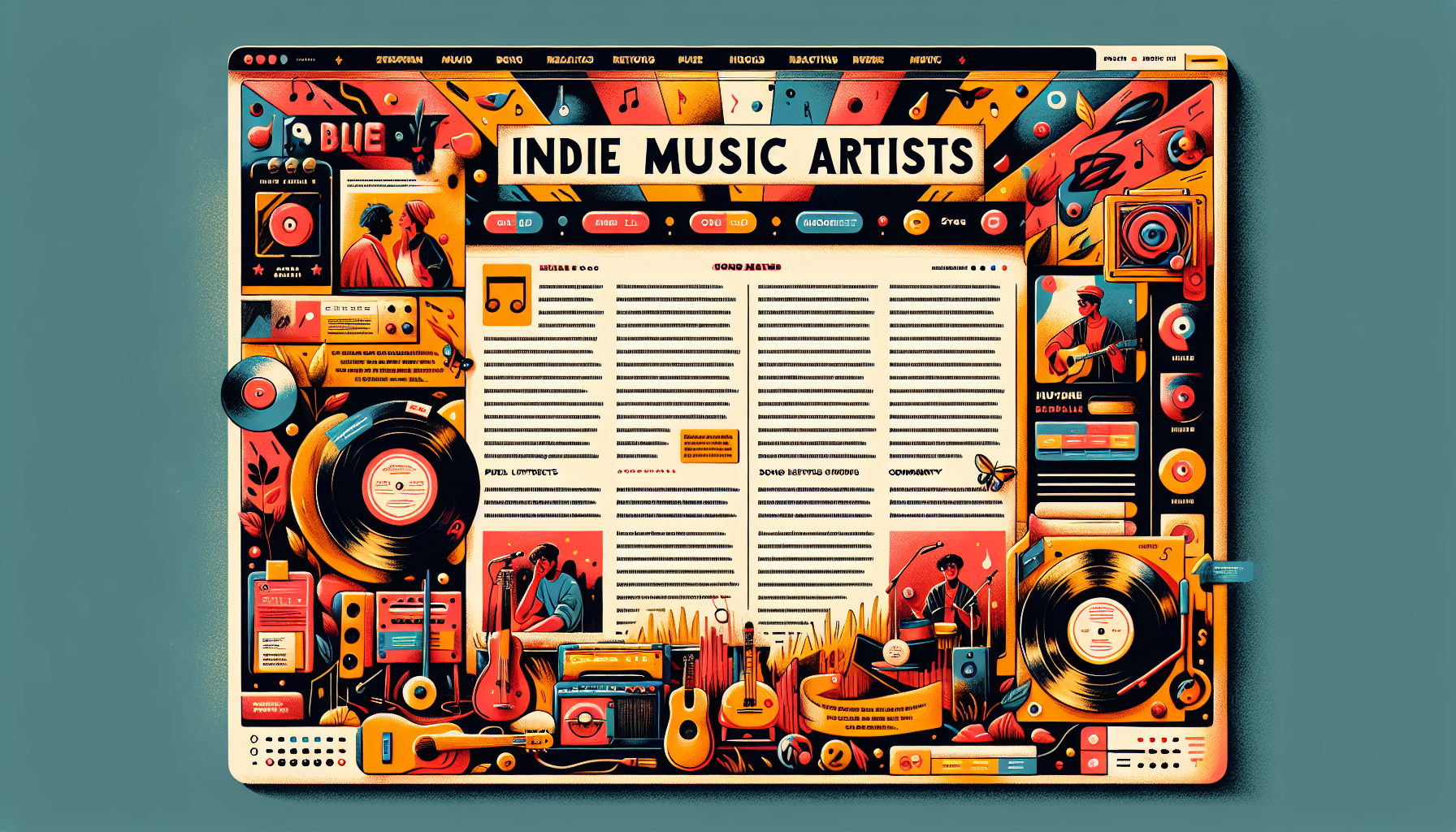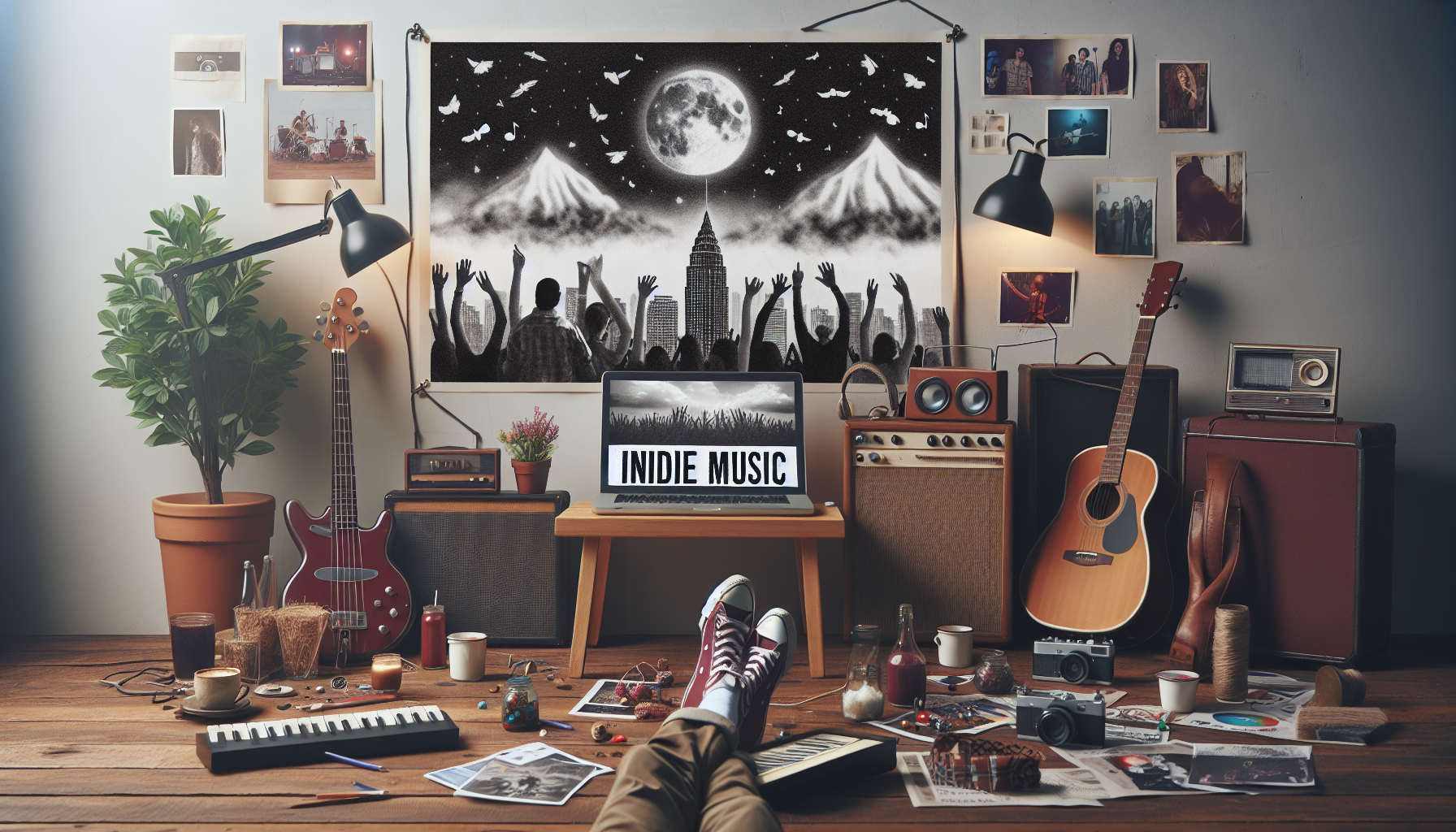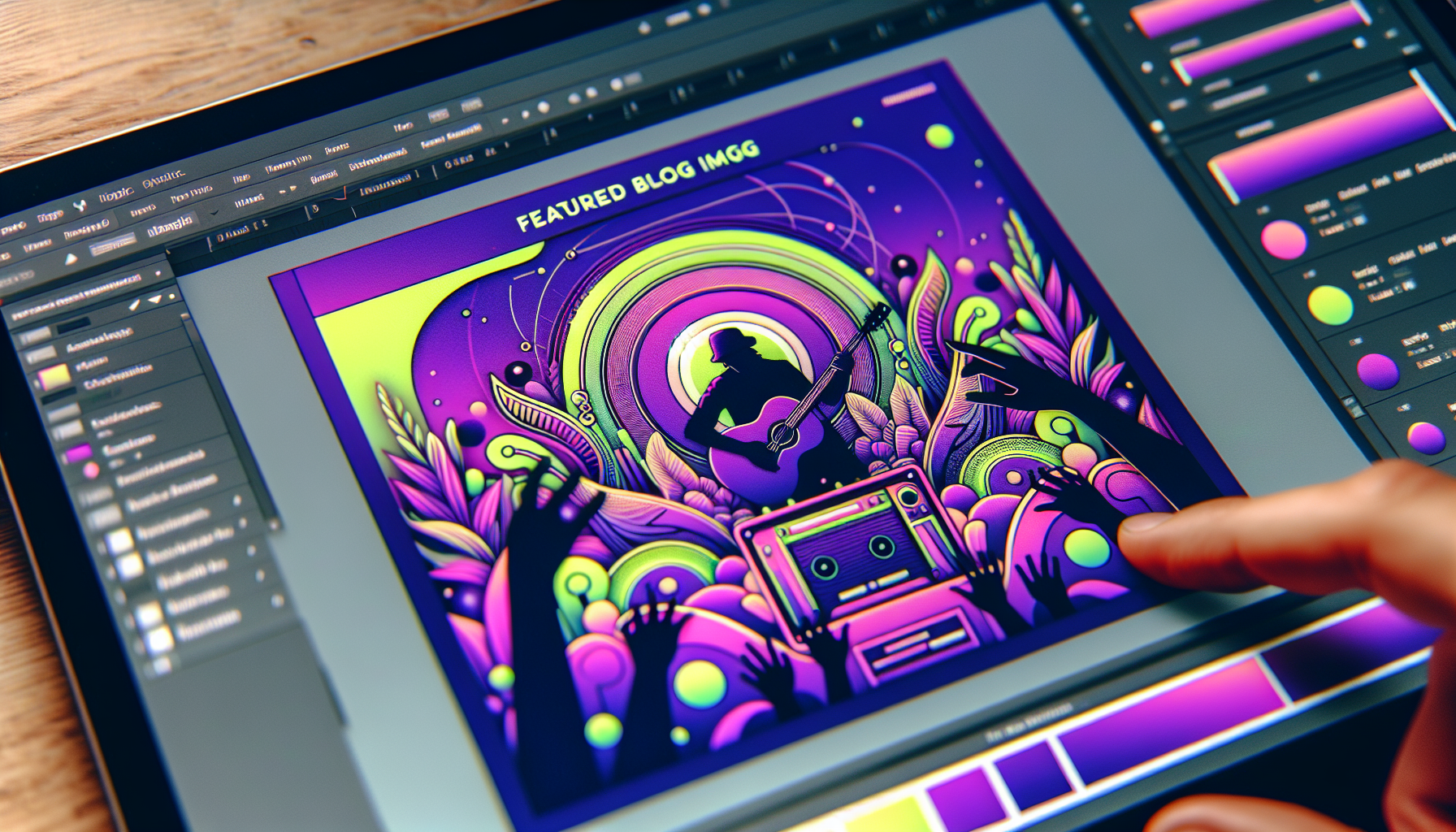Recent Post
Follow Us On
5 quick tips to improve your mix
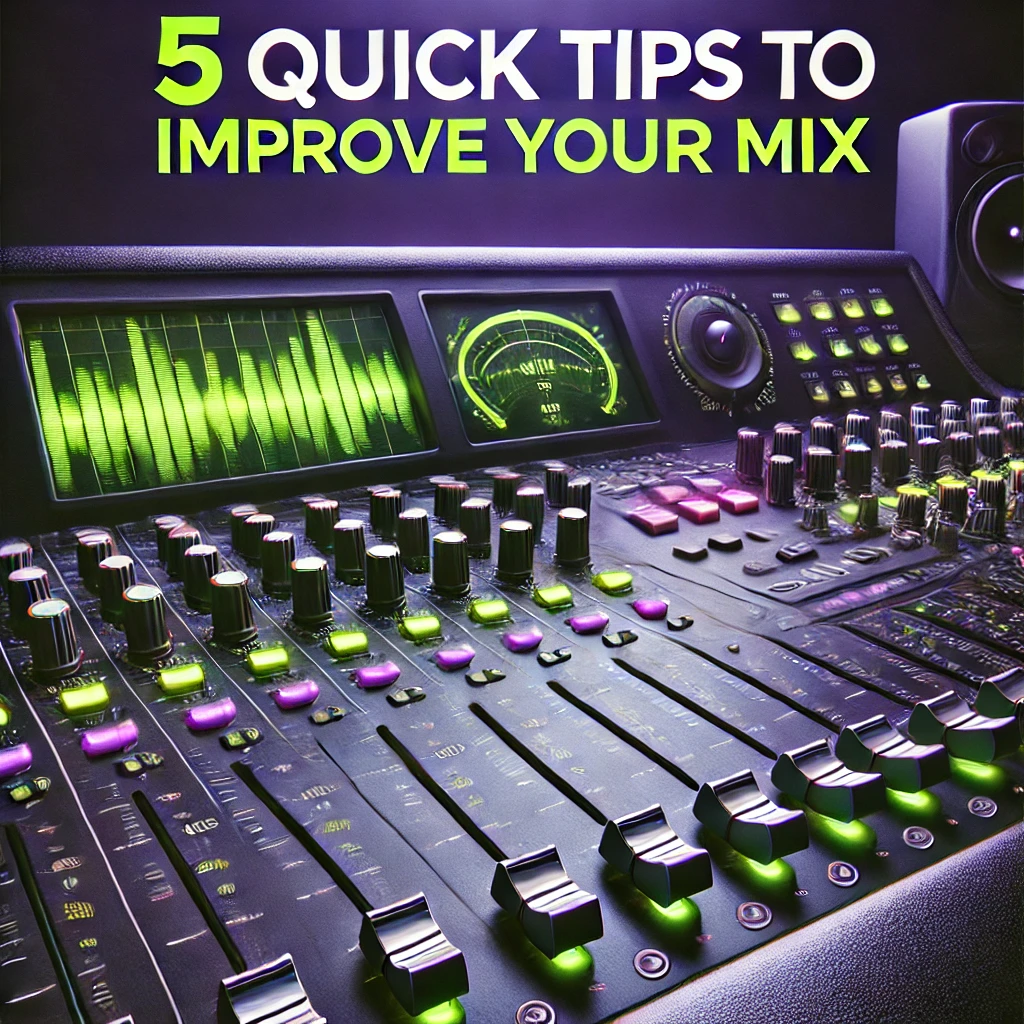
The arrangement – before you can get a good mix you have to have the right instruments and proper arrangement. Find a spectrogram to get a visual representation of each instrument. Check to make sure instruments are not fighting for the same frequencies. Some instruments can be EQ'd to fix clashes but don't force it. If you have to, simply replace the instrument. You will get a better overall mix if you can find the right “balance” of instruments and vocals. Once you find the right balance it is much esaier to arrange the tracks to give the vocals more presence while ensuring the instruments are coming through clearly and at the right times.
Gain Staging – Some engineers don't even bother gain staging before digging into a mix but they're not getting the best possible sound in the end. Proper gain staging allows each track to achieve the best signal-to-noise ratio. Get a gain plugin and a VU meter and place them on each track. Don't touch the volume on your track. Keep all of the tracks at 0db. Move the gain instead while watching the meter. Get as close to zero as possible without clipping. This will ensure that the audio going into your compressor or any other process is not making the VST work too hard. When you send an audio signal into your VST that is clipping & distorted it creates problems you really don't need while mixing.
Separation – You want to make sure each track has its own space in the mix. For example, vocals, kicks, snares and percussion instruments should sit in the middle where pianos and other instruments should be panned to the left or right. Think about how a live band sounds and how they might have the guitar player sitting on the left while the piano player sits on the right. Use panning to get that effect. Pan some of your instruments (usually the higher frequency instruments) to the left or right to separate them. How much you pan should be gauged using your ears. In the end it will give you a much nicer sounding mix.
Compression – Compressors work to bring up the quieter parts of your sound while taming the louder parts to give you a more even sounding mix. The idea is to bring out dynamics in your sound without flattening it too much. Compressors can bring life into your mix but too much compression can make it sound dull and boring. Use this tool lightly. Using a slower attack will usually give you a better sound. Listen for “pumping” in the sound and adjust until you no longer hear it. In some cases its better to use 2 separate compressors instead of slamming one compressor to do all of the work.
Train your ears! – The most important part of getting a good mix is YOUR EARS. It's that simple. You need to know how to spot bad frequencies and cut them out. You need to be able to adjust frequencies to separate your instruments using an EQ. This is probably the biggest differences between good and bad engineers. Luckily there are plenty of sites out there that can help you with this. Just do a Google search for “ear training for audio engineers” and you'll find lots of resources. Many of these web sites are totally free to use. Get yourself accustomed to hearing the sounds and how they interact with each other in the mix. This isn't always so easy but with enough training you can become a PRO!
~Eddy Cutz
Subscribe to the Newsletter!
We won't clog your inbox with spam. Instead, we send out occasional updates about our Track Battles, upcoming events, and insightful articles that independent artists can really benefit from.
